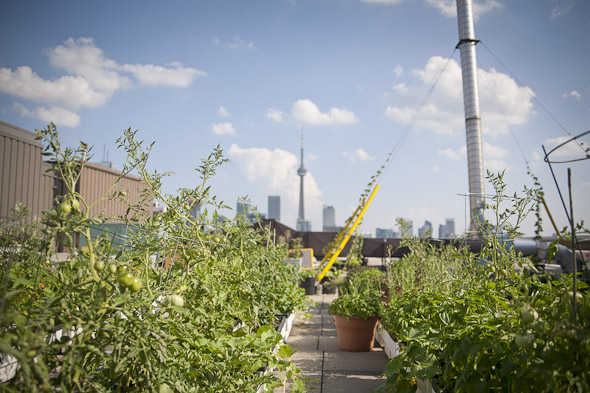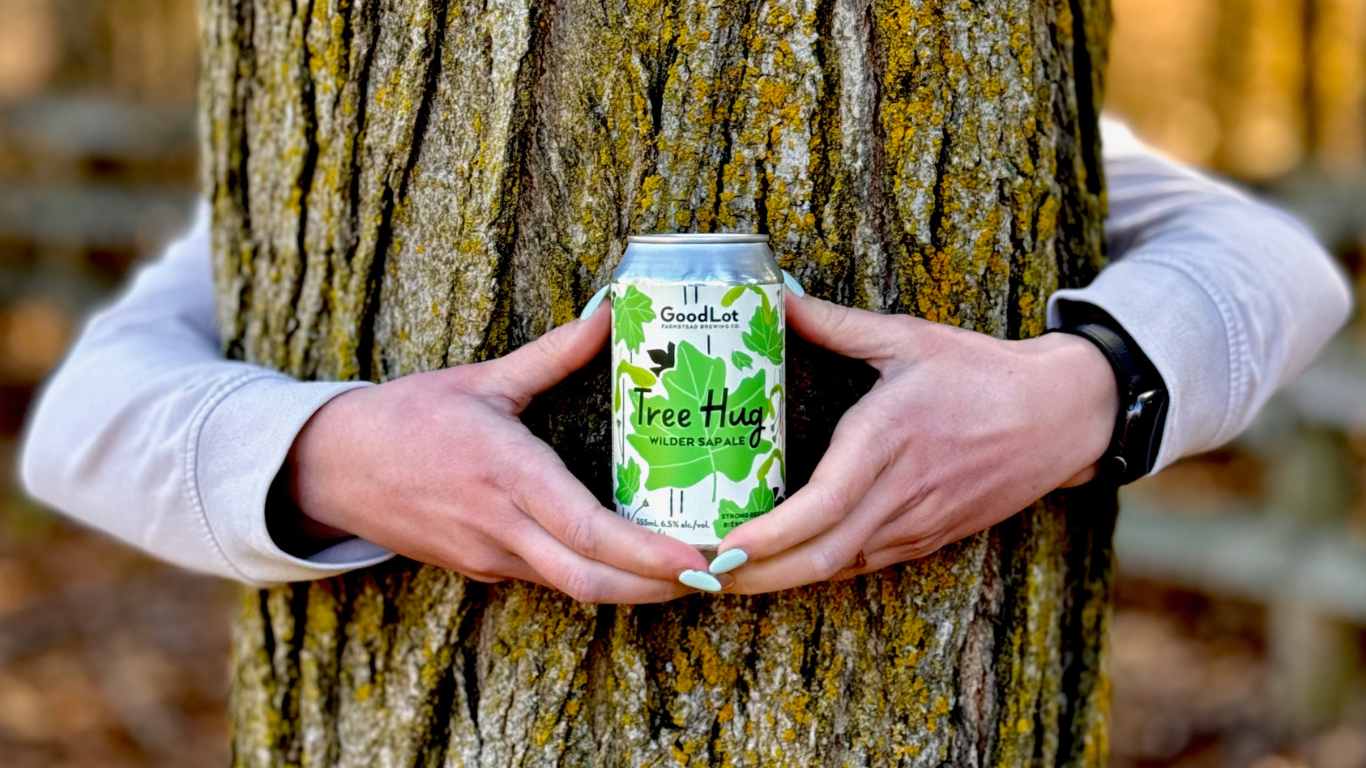The world�s population is rapidly increasing by the billions, oil prices are rising, and political and economic turmoil are recurrent topics on headlines around the world.A� How do all these factors affect the food we eat?

Well, let�s say you enjoy a banana a day for breakfast. This banana makes its trip from warm climate countries like Colombia or Costa Rica to your very own table. As the price of oil rises, it becomes increasingly more expensive to ship that banana to your home; add this to the amount of people in the rest of the world bidding for that same banana, and the political instability surrounding many countries in the global south and the result is: a very unstable, expensive, and unsustainable food supply system.
Before you begin to defend your position and, no pun intended, ?go bananas� about it, let�s put our discussion into context. The purpose of this post is not to convert you into a ?locavore�, but simply to inform you about issues affecting you and people that live within 100 miles from you (this applies to every urban dweller around the world).
You don�t eat bananas? How about drinking coffee? How about those delicious mangoes in your fruit salad? The list can go on and on. Food scarcity is a reality that afflicts the whole world, particularly in urban areas where ?urban sprawl� has had severe consequences on the portion of land destined for agricultural processes. As cities expand beyond their borders due to their increasing population, agricultural development loses territory against urban development.
When urban concentrations grow, so does their demand for food supply and given the limited availability of available fertile land for food production, the only choice is to import produce and other food ingredients. While many times this might seem like the ?right thing to do� from an economic perspective, this decision carries several consequences, such as: the loss of employment opportunities for locals, the loss of opportunity to develop healthy local industries, degradation and/or neglect of conservation areas and green belts, lack of education on the importance of local farming initiatives, and loss of recreation and tourism opportunities (such as agri-tourism and ecotourism). A�The magnitude of the negative economic, social, and environmental impacts of a non-local food supply chain is immeasurable.
 The Greater Toronto Area Agricultural Action Committee has prepared the Golden Horseshoe Agriculture & Agri-Food Strategy. Part of that strategy is the Food & Farming: An Action Plan 2021. This plan envisions the fastest growing region in Canada: the Golden Horseshoe, creating a healthy and sustainable agricultural industry and branching sectors. The success of this plan and its goals are directly related to the level of public awareness on this issue. A�You can be part of A�this plan by supporting local farmers and producers in your community.
The Greater Toronto Area Agricultural Action Committee has prepared the Golden Horseshoe Agriculture & Agri-Food Strategy. Part of that strategy is the Food & Farming: An Action Plan 2021. This plan envisions the fastest growing region in Canada: the Golden Horseshoe, creating a healthy and sustainable agricultural industry and branching sectors. The success of this plan and its goals are directly related to the level of public awareness on this issue. A�You can be part of A�this plan by supporting local farmers and producers in your community.
The Ontario Culinary Tourism Alliance is strongly committed to being a resource for food policy and a sustainable culinary industry.
Stay tuned for more thought-provoking posts!
Find more information on the Greater Toronto Area Agricultural Action Committee HERE!




